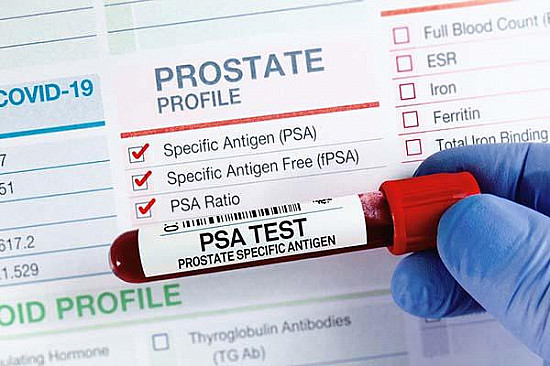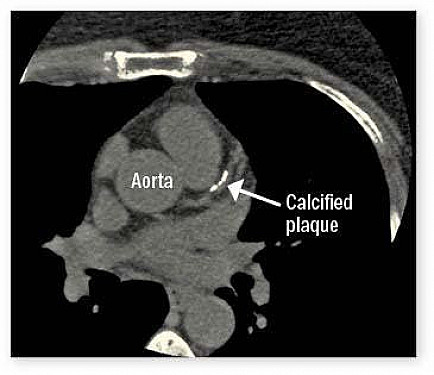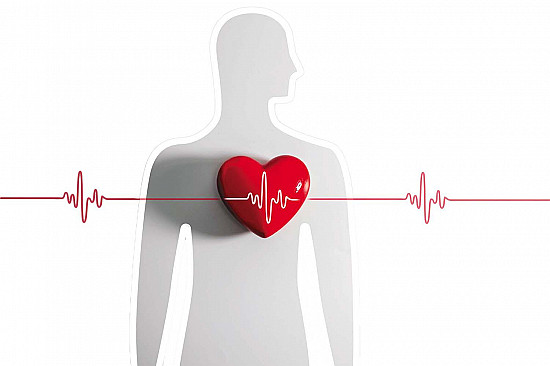Cholesterol testing at home: It may be faster, but is it better?
If you don't mind pricking a finger, you can check your cholesterol without sitting around in a doctor's waiting room or laboratory. Devices available in pharmacies or through the Internet make this easy to do at home. But is it worth doing?
The makers of home cholesterol tests rightly tout their products as faster than visiting a doctor. You prick your finger, gently squeeze a few drops of blood onto a test strip or into a small "well," and you get the results in a few minutes, instead of waiting a few days.
But faster isn't necessarily better. The results won't give you the information you need to figure out your risk of having a heart attack or other cardiovascular problem. Nor will they help you check whether a diet and exercise program is working.
Foggy forecast
Home testing kits approved by the Food and Drug Administration should be as accurate as a laboratory. Under controlled conditions, they may well be. But at home, without expert guidance, they often aren't. One problem is that people tend to squeeze or "milk" a finger to get blood onto the test strip or into the well. This can throw off the results.
Even when the reading is accurate, it may not be very useful. Most kits measure only total cholesterol. This is interesting information. But it's not enough to assess your cardiovascular health.
Cholesterol is carried through the bloodstream by a mix of particles. The main ones are low-density lipoproteins (LDL, "bad" cholesterol) and high-density lipoproteins (HDL, "good" cholesterol). Triglycerides are another important fat-carrying particle. The levels of these particles are what really matter.
Take two women with "normal" total cholesterol levels of 195 mg/dL. One, whose LDL is 155 (that's high) and HDL is 25 (that's low), has an elevated risk for heart disease. Another, whose LDL is 105 and HDL is 75, has a much healthier profile.
Leave it to the lab
Some home tests make perfect sense. Checking your blood pressure or blood sugar at home can give you an early warning that trouble's brewing. If you take a blood-thinning drug such as warfarin (Coumadin), a kit that measures clotting time can alert you to the need to adjust your dosage.
Home cholesterol tests, in contrast, don't offer any real advantages. They don't provide accurate information about your cardiovascular risk. Nor do they tell you much about the impact of diet or exercise on your cholesterol.
Some home tests can also be very tricky to understand. They report cholesterol levels in terms of the current national guidelines. The targets and cut-offs in these guidelines vary, depending on other health conditions, and you may need a doctor to help you figure out which standards apply to you.
In general, you're better off not checking your cholesterol at home. Let a lab give you the detailed information you need.
Disclaimer:
As a service to our readers, Harvard Health Publishing provides access to our library of archived content. Please note the date of last review or update on all articles.
No content on this site, regardless of date, should ever be used as a substitute for direct medical advice from your doctor or other qualified clinician.















